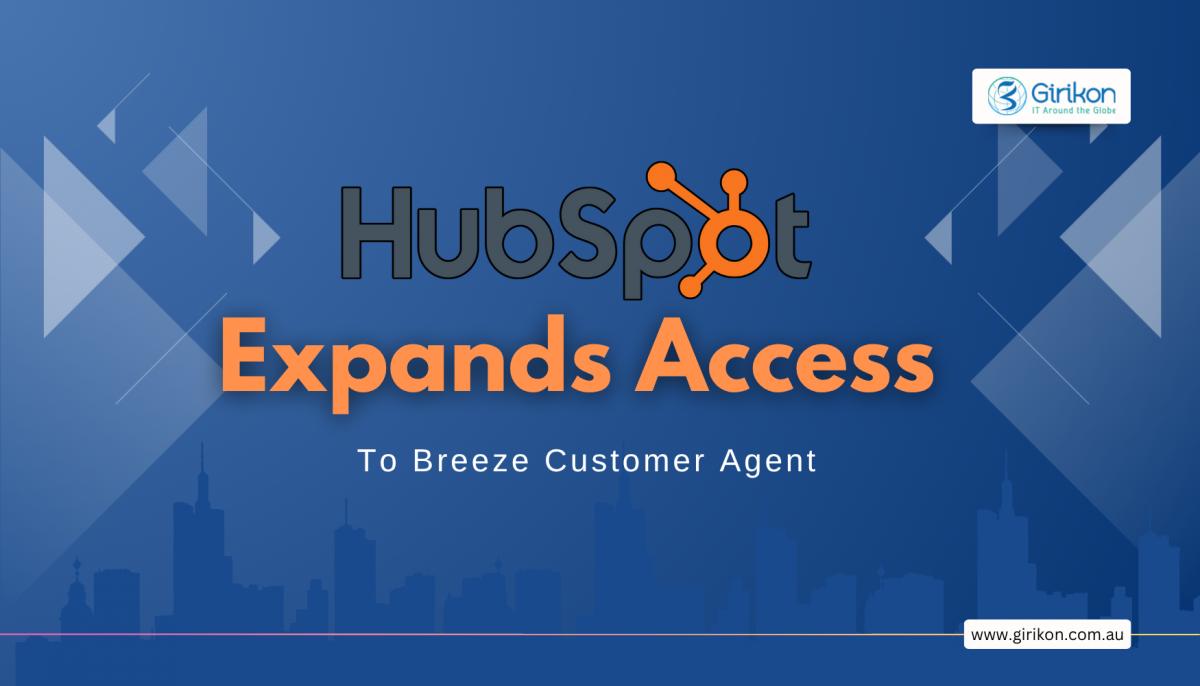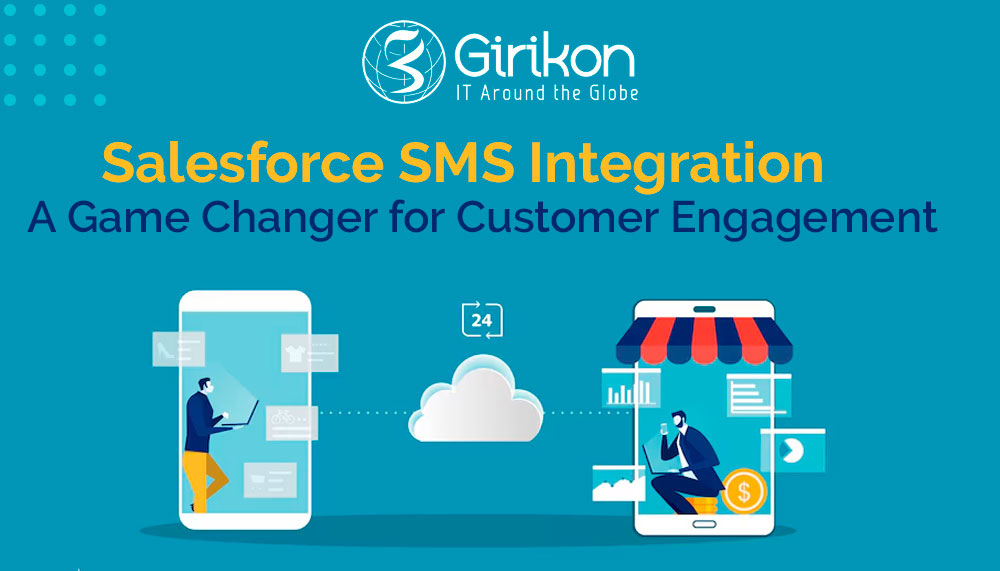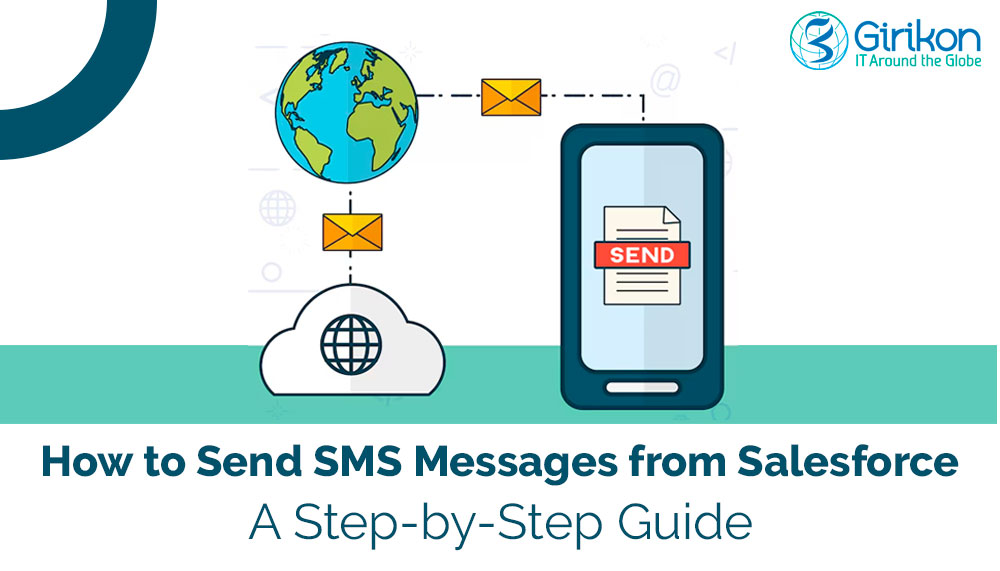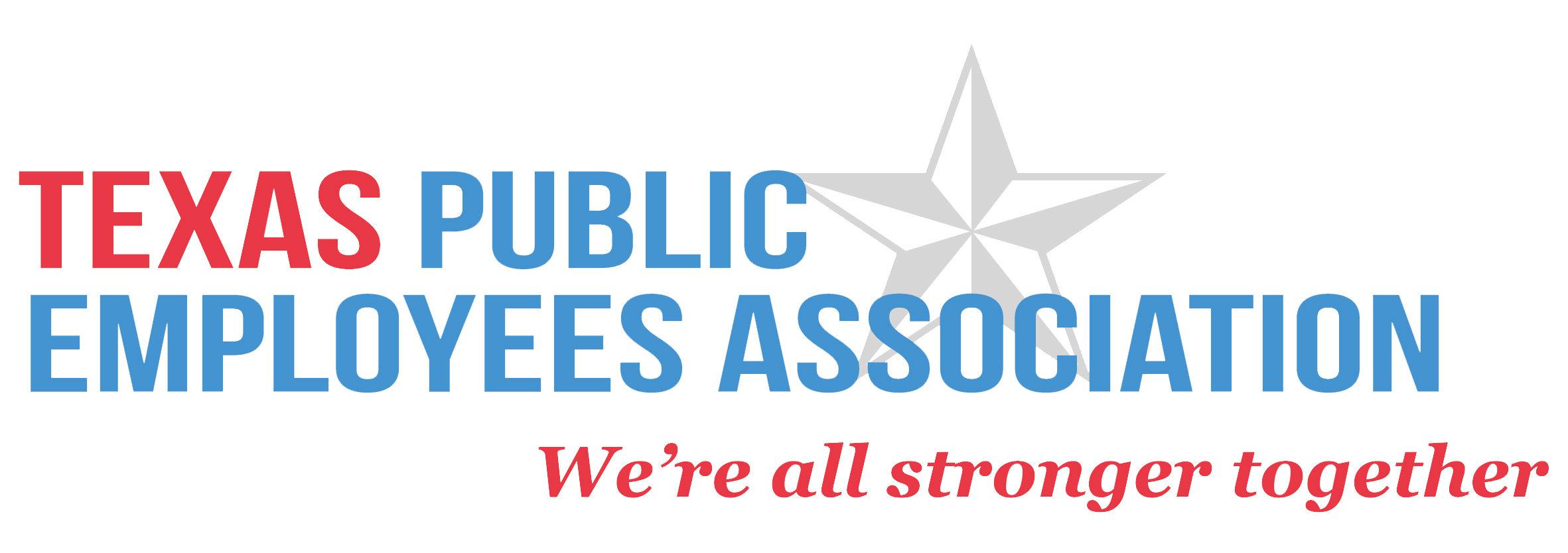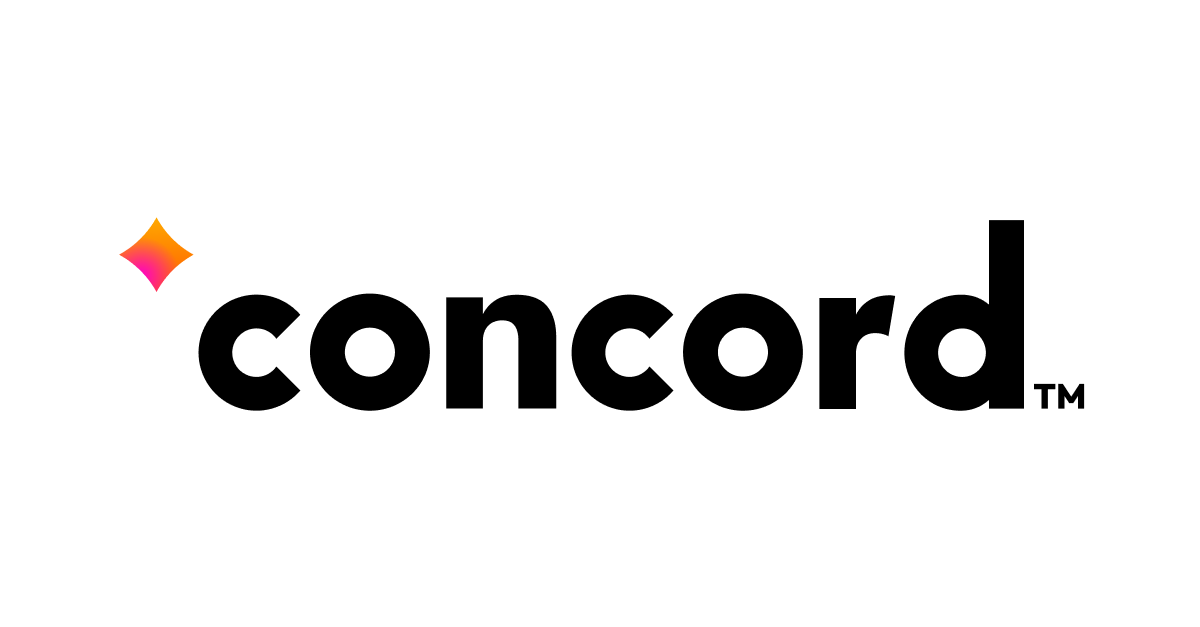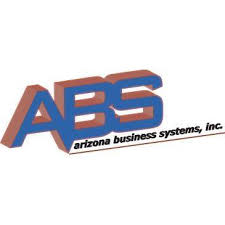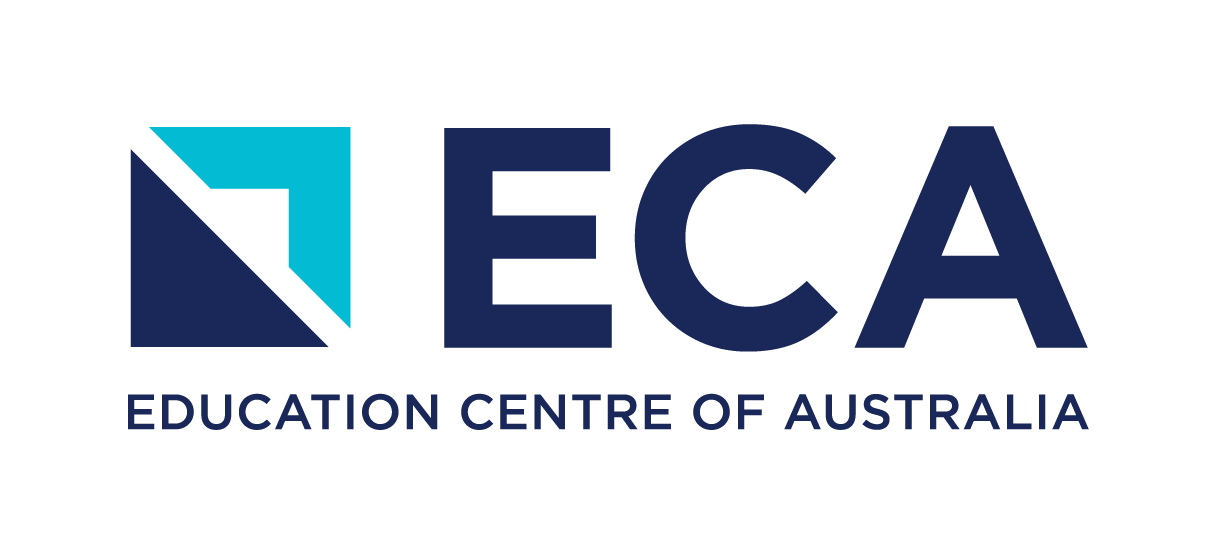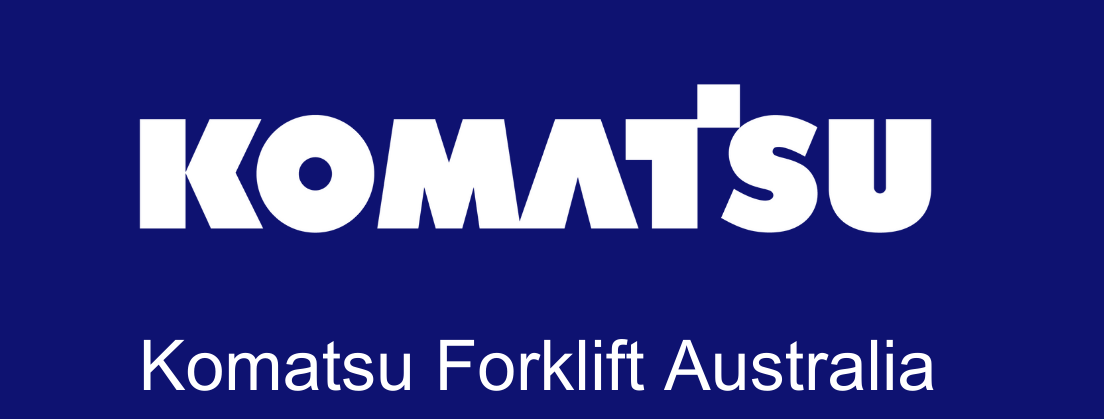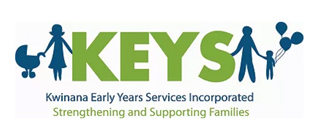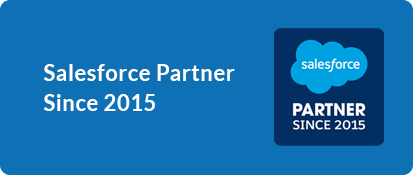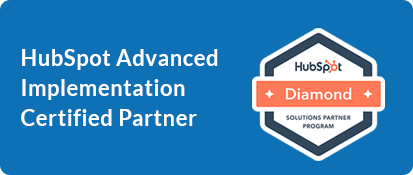Our Blogs
Non-profit organizations have to deal with multiple challenges to ensure the smooth functioning of their operations. Considering the limited resources and funds, non-profit organizations find it difficult to sustain themselves. Non-profits require incorporating robust software to help them manage their day-to-day functions, including fundraising, administration, donor relations, marketing, accounting, and more, to maximize their outreach, donor engagement, and productivity.
Industry insiders consider technology fundamental to running a successful non-profit organization. They are selecting solutions that allow for scalability and flexibility when forming internal and external relationships. Today, non-profit organizations with numerous chapters adopt CRM software like Salesforce to achieve operational efficiency by eliminating data silos. Implementing such software will help non-profits consolidate data from multiple sources, thereby creating a single source of truth that would help maximize fundraising effort and improve impact reporting and productivity.

So, as a non-profit entity, if you have made up your mind to implement Salesforce, then make sure you take into consideration the following best practices that will help achieve a streamlined and successful deployment:
Create an Implementation Strategy: Your implementation plan should chalk out the aspects that need to be outsourced and those that can be handled in-house. It is essential to associate with a certified Salesforce consultant who can assess the needs and prioritize what and when to implement, besides building and implementing the solution. For non-profits, a phased roll-out approach can be beneficial, especially when they lack sufficient internal resources. It is also important to engage someone who can easily manage the platform post-implementation. In an ideal situation, you'll have already set up communication accountabilities along with critical leadership post-implementation operations.
Find the Appropriate Partner: It isn't easy for Non-profits to implement Salesforce without the support of a reliable partner who has expertise in setting up and tailoring the CRM as per the specific needs of an NGO. On the other hand, partners find it difficult to do their job without any support from an internal leader. Therefore, it is essential to zero in upon partners who better understand your organization's unique needs and values and carry ample experience.
Provide Early Training: One of the biggest threats to technology adoption stems from a failure to deliver timely and personalized training. It is essential to provide practical training followed by regular updates before introducing a new solution. It's necessary to invest in the ability of your team to use the platform before launching Salesforce so that a knowledge crisis doesn't occur. Therefore, you invest in training seminars, manuals, video sessions, and peer-to-peer sessions. You should also plan for adoption checks regularly and introduce refresher courses that are personalized to various teams.
Display Patience: Since resistance and fear are the byproducts of change management, it's essential to have patience when working towards long-term goals and introducing change. Though Salesforce has the potential to revolutionize the non-profit ecosystem, you can only get desired results if your team members can operate the new system without any hassle. This is where your implementation team and ambassadors can help infuse excitement by remaining patient and focused. It is also essential to provide team members with quick access to centralized support to resolve their queries.
Quick Wrap-up:
Having a tool like Salesforce will serve as a single source of truth and help create a connected non-profit. Besides this, the robust CRM will drive performance across your most crucial impact areas. However, it is essential to remember that your organization might have to bear the opposite effect if not implemented correctly. So, make sure you create the right implementation strategy and get in touch with one of the best Salesforce implementation partners.

 +61-1300-332-888
+61-1300-332-888 +1-480-382-1320
+1-480-382-1320